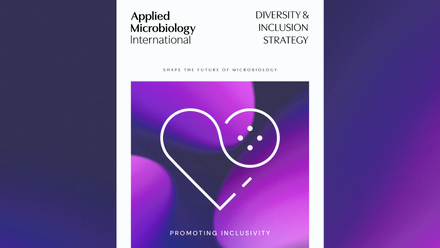AMI Briefing - Food safety, food manufacturing & processing
By 2050, it is estimated that 60% more food will be needed to feed a global population of 9.8 billion. This demand must also be reconciled with the need to produce and process food more efficiently whilst using less land: one-third of global food production is lost in the agricultural chain. Meeting international targets such as the UN Sustainable Development Goal 12.3 (to reduce global food waste by 50% by 2030) and curbing greenhouse gas emissions to keep global warming below 2°C will require significant changes to how our food is produced. Technology will play a vital role in achieving these goals; the 'Fourth Industrial Revolution' is being heralded as a turning point in how innovation will transform global food systems and production.
As technology progresses, and the ways in which food is produced, processed and offered to consumers changes, it is crucial that innovation in food safety science is supported to keep apace so that public health may be safeguarded. And not only must food safety innovation keep up, it must also lead the way.
This briefing focuses on recent and upcoming developments in food processing, food manufacture and the wider food supply chain, which will have an impact on risks related to harmful microorganisms (such as bacteria and viruses) and their toxins in foods.
A copy of our report may be found below.



